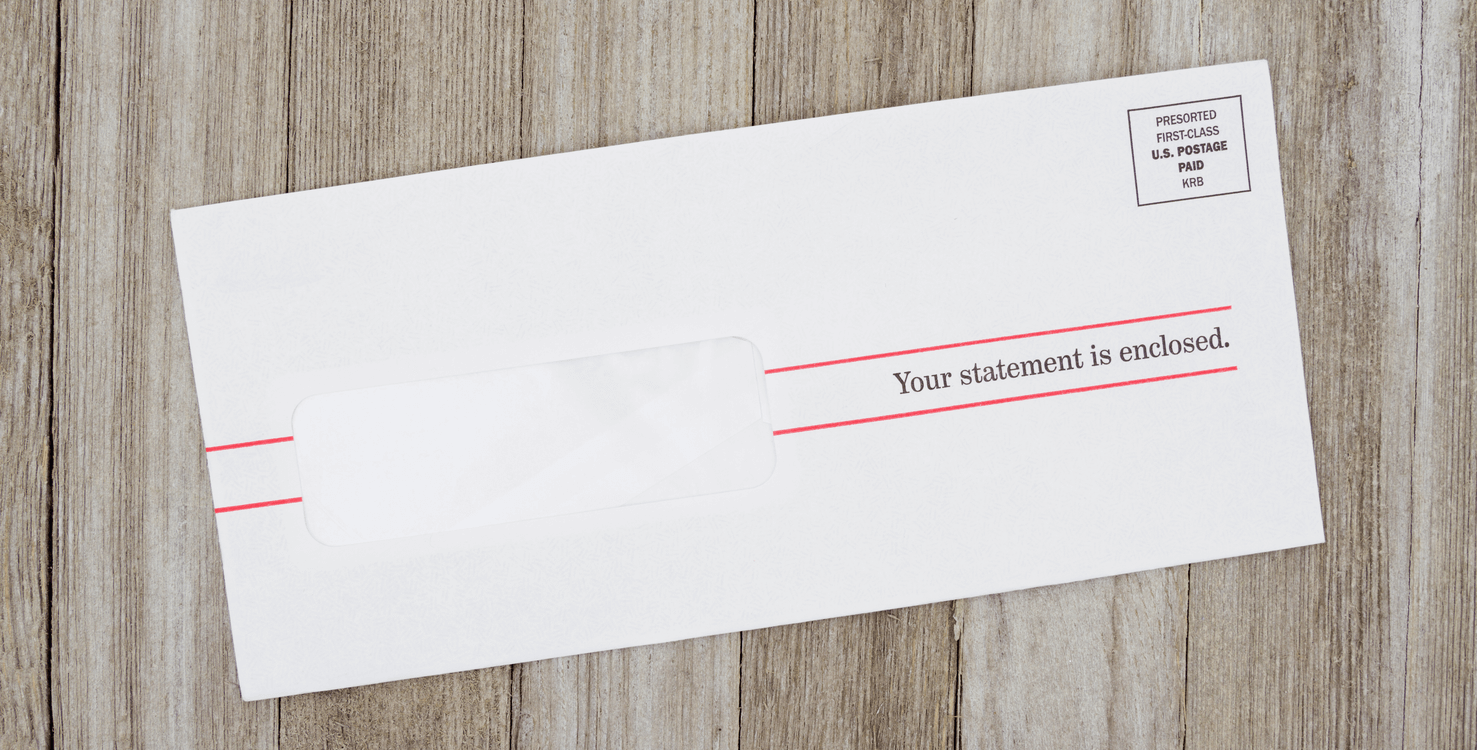Going paperless sounds good—and it’s certainly a good deal for financial institutions, which save millions annually by not mailing paper statements. But when we give up our right to receive bills and statements in the mail, what else are we losing? As banks around the world pressure customers to “go digital,” concerns like online security, banking errors, timely bill payment and accessibility are beginning to outweigh the benefits of online-only recordkeeping for some account holders. Here are seven reasons why paper statements still make sense—and what you can do to make sure you continue receiving them.
- Online access isn’t accessible for everyone.
Sure, it seems like everyone has online access these days. We can log in to our bank accounts 24/7, buy products online instantly and check our credit card balances any time, from anywhere. However, according to a 2019 study by Pew Research Center, 10% of Americans—nearly 33 million people—still don’t have internet access. Age and household income are key factors. Nearly a third (27%) of adults over the age of 65 do not use the internet, along with 18% of adults in households earning less than $30,000. For those who lack internet access, going digital isn’t an option. Paper statements ensure everyone, regardless of age or income, can easily review their personal financial information.
- People still like paper statements.
In 2018, Consumer Action conducted an online survey that showed most people (up to three-quarters) still prefer to receive bills and statements by mail—even if they pay them online. A 2019 study commissioned by Two Sides, a global initiative to promote the sustainability of the graphic communications industry, showed that 82% of Canadians and 86% of Americans believe they should have the right to choose how they receive their communications.
- Paper statements make it easier to monitor accounts.
When you receive a paper statement each month, you’re more likely to review your account, making it easier to notice fees, catch mistakes and spot fraud. In the Two Sides study mentioned above, 78% of respondents who received statements by mail said that they reviewed the transactions. Of those who received bills electronically, only 43%—said that they went online to review transaction details.
- Paper statements remind you to make payments.
With the deluge of emails most of us receive daily, it’s easy for important messages to get lost. Bank statements are one thing. Credit card statements and bills are another. While paying accounts online is convenient, it can be easy for e-bills to get lost in the shuffle. Bills sent through the mail are harder to ignore.
- When you take paper statements away, you may miss important information.
One good example of this phenomenon is the U.S. Social Security Administration’s current policy, adopted in 2017 to only mail statements to people over age 60, who aren’t yet getting benefits and who haven’t set up digital accounts. Didn’t notice you stopped receiving your statement? You’re not alone. The New York Times recently reported on the change, noting that in 2010, 155 million statements were automatically mailed out. In 2018, less than 15 million statements were mailed, and less than half of those who registered for online accounts checked their earnings statements. As a result, fewer than 35 million people saw their earnings statements that year. This means that fewer Americans are tracking the amounts they can expect to receive each month when they retire—and how that amount may vary depending on which year they retire.
- Accessing accounts online could get you hacked.
Inc. recently reported that over 2.5 billion user accounts were hacked in 2019. When you access your bank account online, thieves can intercept the transmission to and from your bank. It’s especially risky to access accounts over public WiFi connections—which are often used by people who don’t have internet access at home. Paper statements are a safer way to check account balances and review transactions, without transmitting your account information over an internet connection.
- Online accounts don’t leave a paper trail for your loved ones.
You want the people you care about to be taken care of when you’re gone—but if there are no paper records of your financial accounts, it can be difficult for your beneficiaries to piece together your records. If funds are unclaimed for too long, they eventually become the property of the government, making it impossible for heirs to access them. Keeping paper files (stored securely and shared only with someone you trust) makes it easier for family members to track finances.
Protect your right to choose.
Keep Me Posted North America has launched a campaign to protect consumers’ rights to choose between paper, digital and any other available delivery method. Visit the “What Can I Do?” section of their website to learn how you can contact your financial service provider and request paper statements.



Discussion